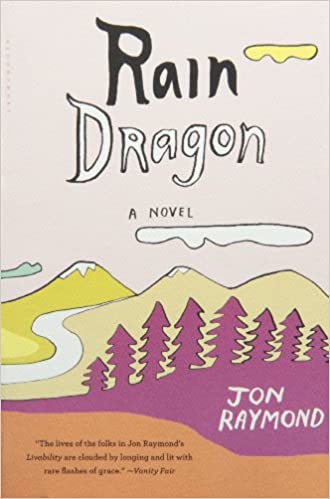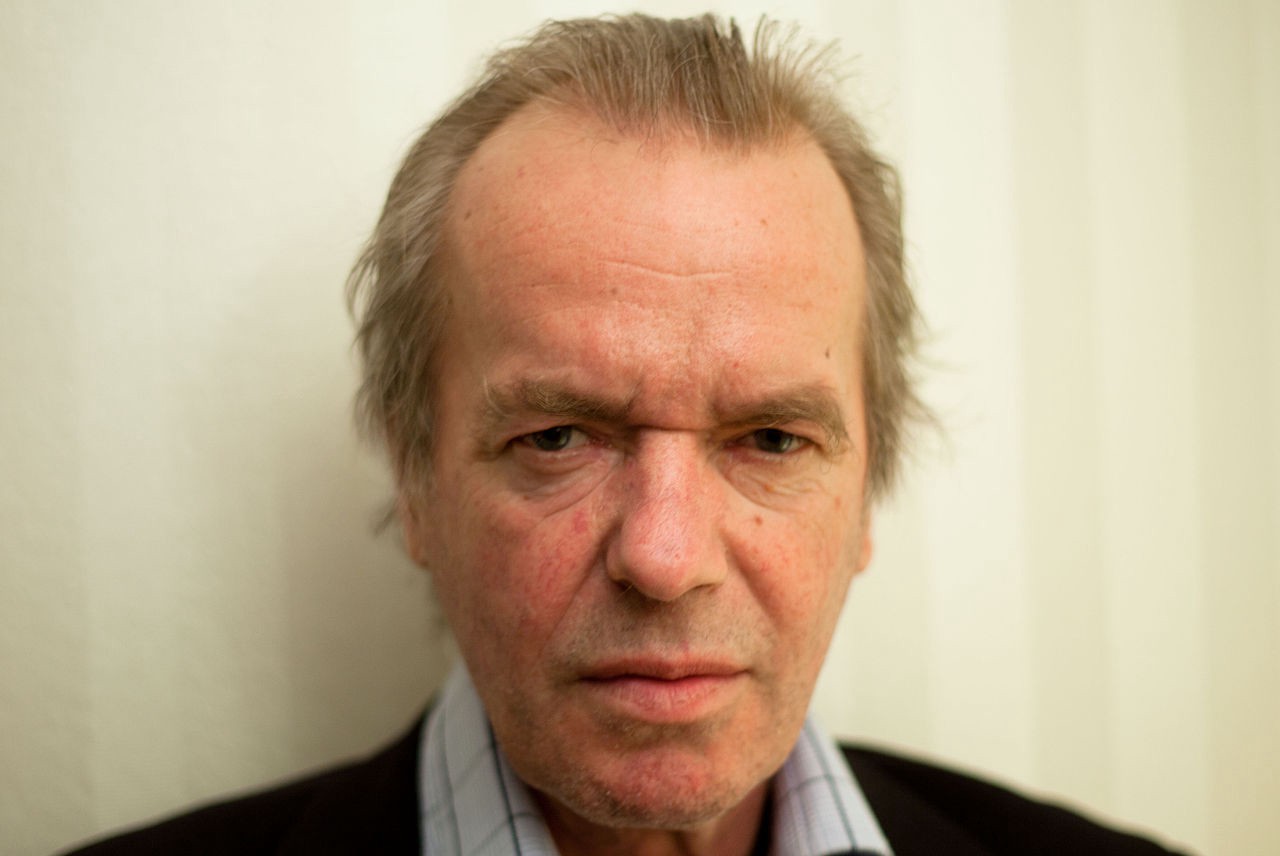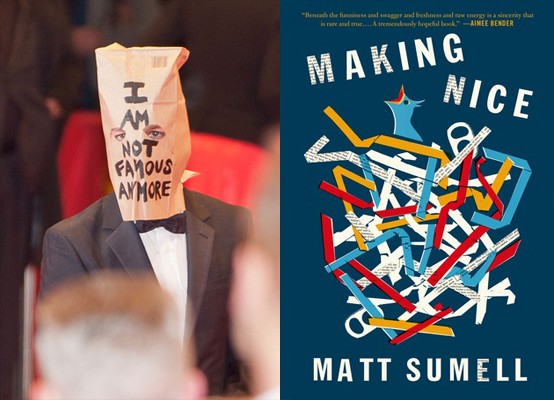essays
CELEBRITY BOOK REVIEW: Adrien Brody on Men’s Fiction

Editor’s note: Any resemblances to actual celebrities — alive or dead — are miraculously coincidental. Celebrity voices channeled by Courtney Maum.

I’ve always been a fan of the writer Jon Raymond. A lot of people don’t know who he is, but then, a lot of people don’t know that as a middle-schooler, I performed magic shows as “The Amazing Adrien,” either.
What I appreciate about Jon Raymond’s writing is his straightforwardness. He’s not afraid of the occasional adverb, but he steers clear of verbal fat. And if there’s one thing I really respect, it’s a lean performance. Whether I’m channeling a 1960s crooner for Stella Artois, or playing a jaded father-to-be in an offbeat comic drama set on on a train, I, too, try to “cut the fat” out of my performance and lay the true emotion bare.
Just like his last collection of short stories, Livability, I found Rain Dragon to be compulsively readable. Raymond has a knack for turning unremarkable adventures about ordinary people into extraordinary work. Reading Jon Raymond reminds me of the days when I, too, was merely ordinary: a long-faced, lanky teenager reading by the docks of the Long Lake Theatre Art Camp, slathered in sunscreen that turned my skin an eerie shade of purple. Back then, I read Ray Bradbury. Today, it is Jon Raymond. Whether of the optic or cartilaginous fish varieties, I have always liked rays.
I’m going to break it down for you, my feelings about Rain Dragon. The three themes I want to discuss are Privacy, Sacrifice, and Patience. These themes traverse Jon Raymond’s writing. These themes traverse my life.
Privacy: Jon Raymond is from Portland, Oregon. All of his stories are set there. After reading Raymond, I feel certain that Portland is a very private place. And I like reading about private places because I am a private person. For example, under “personal life,” my Wikipedia page has only one sentence: “In 1992, Brody was seriously hurt in a motorcycle accident in which he flew over a car and crashed head-first into a crosswalk.”
On Sacrifice: For The Pianist, I lost 13 kilos to play a Jewish-Polish musician during the Holocaust. Forgive me, I lost 29 pounds. Ever since I became the first American to win the French César Award, I’ve been partial to the metric system. For that role, I gave up my apartment, my car(s), and, accordingly, my then-girlfriend. So you can imagine how I reacted to the plight of “Damon” in this novel, a man who abandons the easy charms of Los Angeles to fulfill his girlfriend’s dream to make yogurt on a Portland farm. Damon: that is sacrifice. That is love.
On Patience: At the risk of giving away the ending of this noble book, I will say little about Damon’s luck with women. I will only comment that it isn’t very good. It may come as a surprise to you that I, too, await a soul mate. The journey is quite long. But just like the Zen master who answers “patience” when asked the secret to making perfect miso soup, we too must remember to trust the sacred timing of the love matrix.
Let me confide something to you: I did not become the Ambassador for Gillette Fusion ProGuide Styler overnight. I waited. I worked hard. And most importantly, I trusted my instincts. By the same token, I trust that one day, I will meet someone who will fill my life with a renewed sense of purpose and also starch my shirts. This is the same hope that I have for the male heroes in Raymond’s newest novel, because they all seem somewhat disheveled and emotionally lost.
Put on a clean shirt, you fictional male characters. Dust a little organic dry shampoo powder in your hair. Do not leave your jobs to go off and make yogurt. Do not make yogurt yet. How will you know when the time has come to indulge in bacterial fermentation with that someone special? Look into my eyes. Is my brow furrowed? No fictional male characters, it is arched. Know you not the difference? This is why you must read Jon Raymond: because he does.








